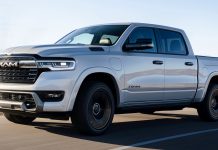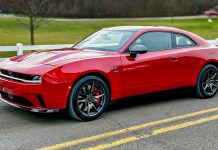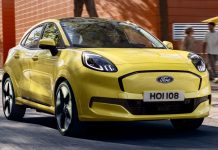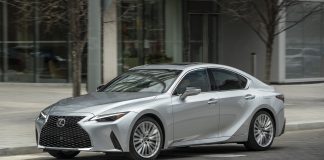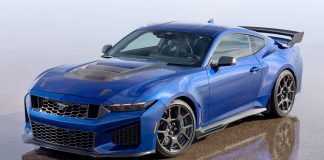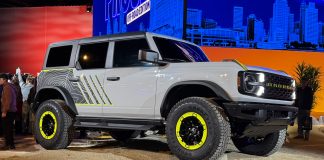In a recent revelation from a comprehensive KPMG study, American auto preferences unveil a persistent affinity for traditional gasoline-powered vehicles, despite the surge in hybrid and electric options. The inaugural KPMG American Perspectives Survey, drawing insights from 1,100 adults nationwide and an additional 400 from key urban hubs like Atlanta, Boston, Chicago, New York, and San Francisco, paints a vivid picture of consumer sentiments in the automotive landscape.
The survey’s standout finding is the resounding preference for gasoline-powered vehicles or hybrid (HEV) counterparts over electric vehicles (EVs), even when price and features are identical, with a mere 20% of respondents opting for EVs. This revelation comes amid a global decline in EV demand, prompting major automakers like Mercedes, Ford, and General Motors (GM) to reassess their EV strategies.
A pivotal revelation from the study uncovers a stark disconnect between consumer expectations and industry perceptions concerning EV charging times during road trips. While 60% of U.S. consumers demand charging times of 20 minutes or less, only 41% of auto industry executives believe consumers are willing to wait that long, underlining a significant gap in understanding between stakeholders.

Furthermore, the survey delves into the features consumers prioritize in vehicles, highlighting safety, WiFi connectivity, and charging locators as top priorities over self-driving capabilities and entertainment options. This underscores the enduring significance of practicality and reliability in purchasing decisions, even amidst the allure of advanced technologies.
These findings offer invaluable insights into the American automotive market, particularly as it navigates the transition towards more sustainable options. Despite strides in EV technology and heightened environmental consciousness, consumer sentiment continues to favor the familiarity and convenience of gasoline-powered cars.
Various factors contribute to this preference, including apprehensions about charging infrastructure, charging times, and the initial costs associated with EVs and hybrids. Additionally, the global slowdown in the EV market amplifies consumers’ and manufacturers’ cautious approaches, shaping the trajectory of the industry.


